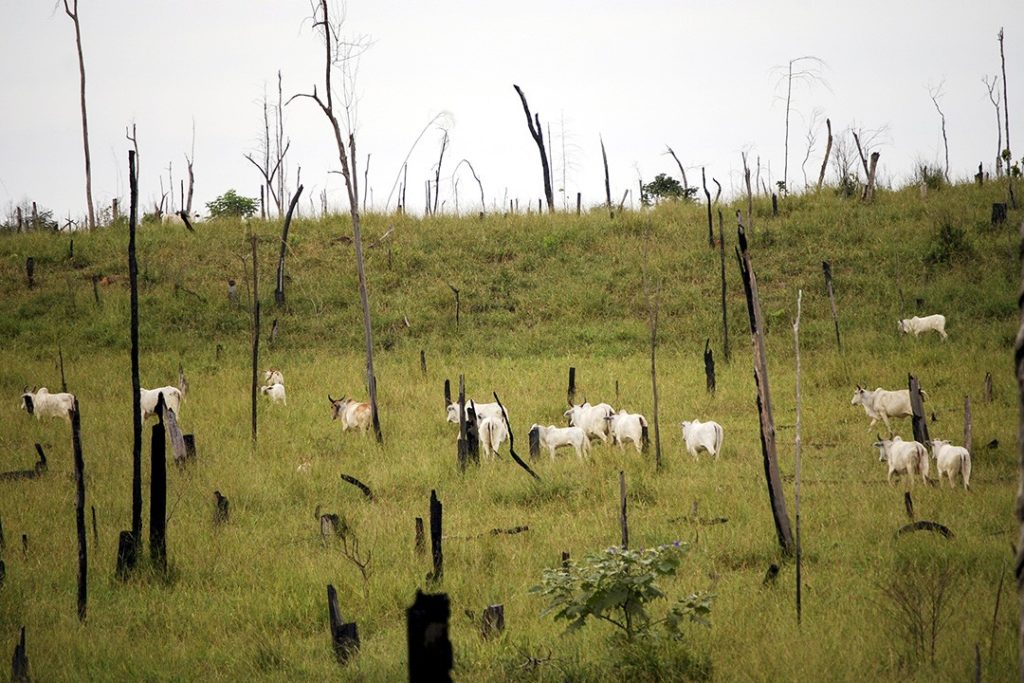The countries that eat the most meat are causing significant damage to the planet. It’s time to take responsibility and change the habits of a lifetime
There is very little left to debate on the subject. Simply put, the world must reduce the amount of meat it eats. In 2011, the world population reached seven billion and it’s now around 8.1 billion. As the global population continues to skyrocket, the planet simply cannot sustain its current levels of meat consumption.
Now, I am neither vegetarian nor vegan. However, it has quickly become clear that I – along with the rest of the global population – must change the habits of a lifetime and move towards a more plant-based diet.
A recent BBC analysis suggests that the use of land for growing food and forestry accounts for around 25% of all global greenhouse gas emissions. That is essentially the same as from electricity and heating, and considerably more than from all the trains, planes and automobiles on the planet.
When you look more closely at the food sector’s environmental impact, you can see that meat and dairy are the major factors. Worldwide, livestock accounts for between 14.5 and 18% of human-induced greenhouse gas emissions. When it comes to other warming gases, agriculture is one of the leading contributors to both methane and nitrous oxide emissions.
Matt McGrath, BBC Environment correspondent
Livestock uses 83% of farmland and produces 60% of agriculture’s greenhouse gas emissions. Yet, it provides just 18% of the food calories and 37% of protein required by humans.
The maths is strikingly simple: eating meat makes little economic sense.
The arguments for reducing meat
In 2018, scientists behind the most comprehensive analysis of its kind announced that avoiding meat and dairy products is the single biggest way to reduce your environmental impact on the planet.
In 2019, a group of 37 scientists developed the planetary health diet, a ‘flexitarian’ and healthy diet founded on a sustainable food system. It requires a massive shift away from meat, particularly red which must be cut by half.
Reducing meat in our diets would drastically reduce greenhouse gas emissions, help to prevent species from going extinct, stop the expansion of farmland and preserve water. The change of diet would prevent the collapse of the natural world that all humanity depends on.
Click Here to Read the Full Original Article at Atlas & Boots…
